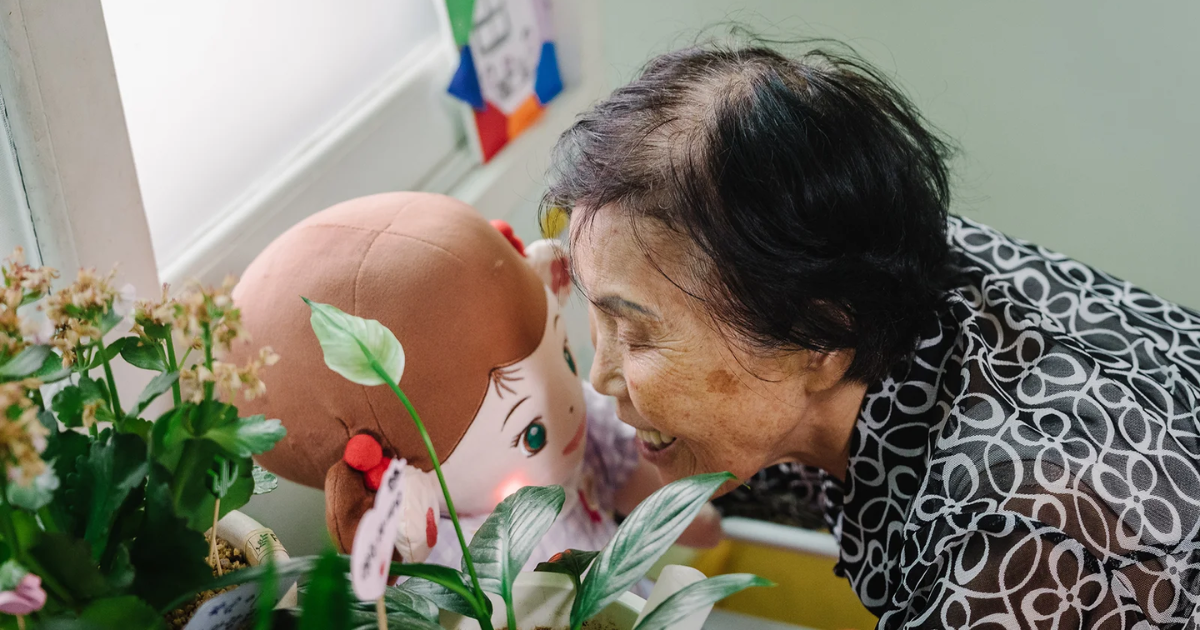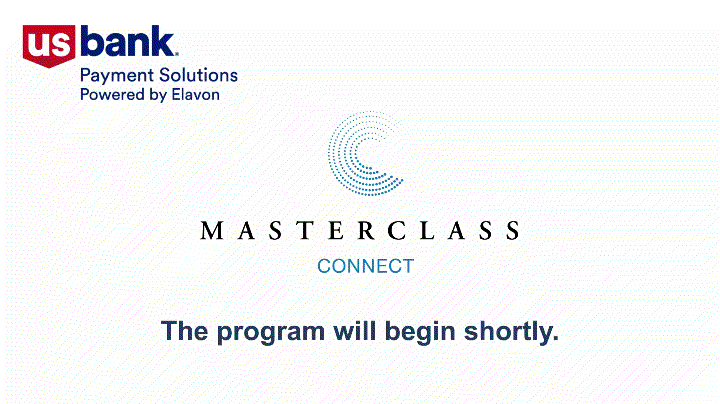By now you’ve likely heard the comforting quip: “AI won’t take your job, but someone trained on AI will.” It’s a catchy line, meant to reassure us in the face of rapid technological change. But it’s also misleading. We should stop pretending AI won’t kill jobs, at least in certain areas.
Yes, AI is proving to be highly effective at augmenting human capabilities—streamlining workflows, enhancing creativity, making individual tasks redundant without eliminating entire roles. And yes, over the long run, technological change tends to create more new jobs than it destroys. But we also need to be honest: if your entire job is essentially a well-defined task that AI can excel at, the risk is real. AI isn’t just augmenting the workforce in those cases; it’s outright replacing them.
TikTok recently laid off over 500 content moderators in Malaysia. Did TikTok make this decision because it no longer values content moderation? Not at all. They aren’t reducing moderation; they’re shifting more of it to AI, an investment that scales at low marginal cost compared to human labor. The task—and, by extension, the job—is better suited to AI.
AI replacing jobs isn’t a universal truth, but it’s a real one for certain industries and roles. It is a reality companies are preparing for. And it is a reality workers should prepare for too.



